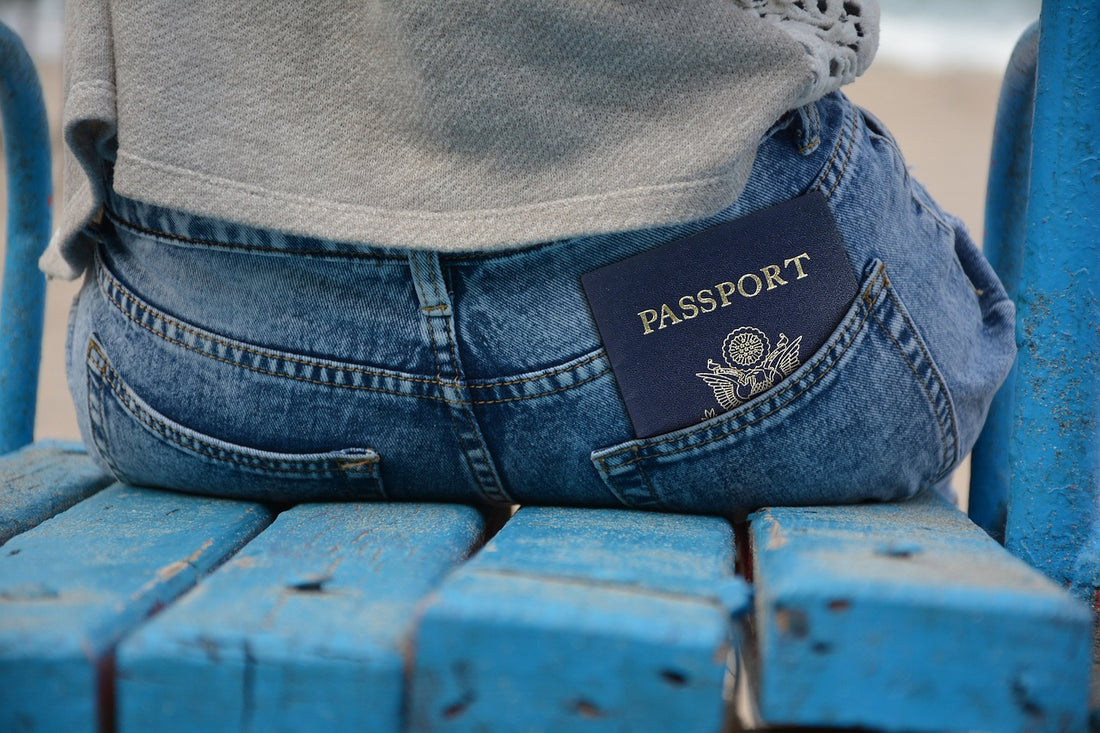What is identity theft?
It is when someone acquires, possesses, transfers, uses or appears to be the right holder of an identification certificate or the personal data of a person in order to commit financial fraud, fraud or other crime.
This could be, for example, buying shares, opening a bank account, registering a telephone subscription or applying for a credit card or loan using someone else's identity than your own.
Something that may indicate that you are exposed to ID theft is:
- Bills for something you didn't order.
- Unknown transactions
- Confirmation on credit check without having ordered anything on credit
- Weird invoices
- Fake profiles with your name and picture
(Source: Datatilsynet.no )
What do you do if you are a victim of identity theft?
The first thing you should do is get as good an overview as possible of what has happened.
What information and identity documents have been lost/misused?
What actions made you aware of the problem? Write everything down, in as much detail as possible.
1) Once you have done this, you go to the police and report the situation so that you have documentation that you yourself have reported that something criminal has happened.
2) Contact the Bank. Immediately close bank accounts that have been exposed to unauthorized dispositions. If you have received information about the creation of a new account or transactions you do not recognise, you must notify the Bank or card issuer as soon as possible. Ask for written confirmation that closure has been carried out. Be sure to point out illegal transactions immediately to the credit or card company.
3) Request a voluntary blocking of credit at the credit reporting agencies. Most credit providers will verify your creditworthiness with these companies. Blocking these businesses will protect you from further damage.
It is important to see who is asking for a credit assessment on a possible counterparty letter. Debt collection agencies will have access even if you have set a voluntary credit freeze, then you will also receive a letter of reparation in the mail.
Log in with your bank ID on "my page" at the individual operator to activate a voluntary credit freeze:
Dun & Bradstreet (formerly Bisnode)
My side: Customer service Dun & Bradstreet
Experian AS
Telephone private customer: 815 55 420
Telephone company customer: 815 55 454
My side: minexperian.no
Credit safe
Telephone: 800 24 722
My page: creditsafe.com
EVRY AS
Credit freezes must also be registered with EVRY AS, which carries out credit assessments for many banks and insurance companies. EVRY has established a self-service solution for this on its Infotorg.
Use this link to access the service https://kredittsperre.infotorg.no/ .
4) Watch carefully that the mail arrives as normal and consider barring yourself against an unwanted change of address at Posten.
If you suspect an unlawful change of address, contact Posten immediately. You can block yourself from unwanted address changes at Posten. The blocking must be argued to Posten (e.g. theft of mail) and means that extra control measures are implemented. Once you have established a "security block", you cannot use Posten's online service, but must report redirection by going to a post office and providing identification and filling in a form for the desired service (permanent, temporary forwarding or storage of mail).
You can of course change this later if you want to be able to change your address online again
5) Seek help from your insurance company. Contact your insurance company to find out if you have ID theft insurance. Many people today have ID theft insurance without being aware of it. This may be included in your contents insurance. Such insurance will be able to help you in the process of clean-up after an identity theft has been discovered, at the same time you will have access to extended legal assistance in addition to other insurances should the need for this arise.
Prevent identity theft
- Do not give out personal information to strangers online
- Be wary of unknown links and attachments, especially those that ask you to enter private information.
- Avoid using a regular bank card, use a credit card. They usually have some protection against identity thieves and can limit the amount you'll be liable for.
- Reveal online fraudsters, read more HERE .
- Use Digipost
- Have a locked gate box
- Limit private information in purses and wallets
- Shred or burn documents with personal information before throwing them away, or buy a shredder .
How exposed are you to ID theft? Take the test here at nettvett.no

